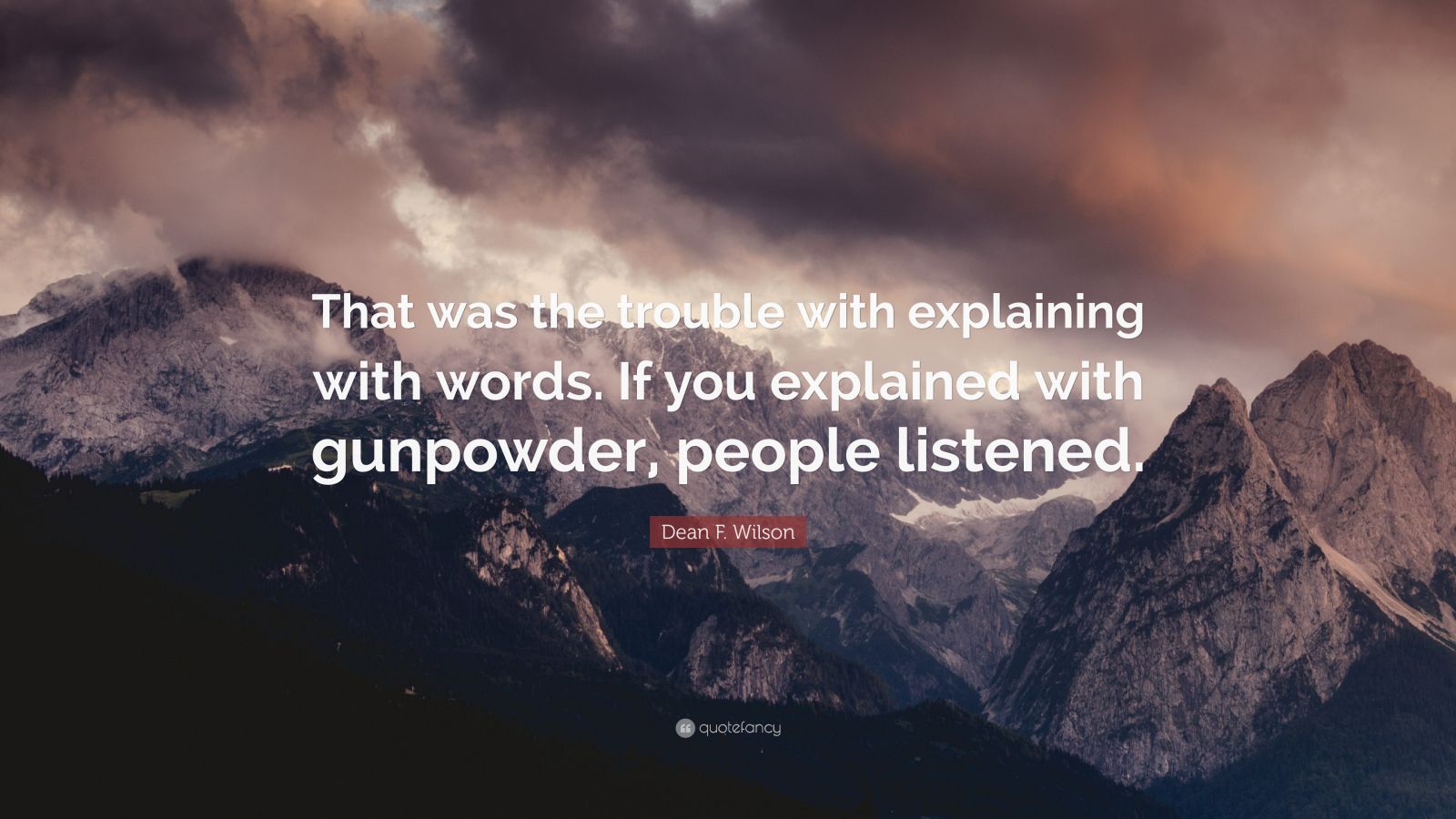

The spirit of these rules is to give children more real liberty and less power, to let them do more for themselves and demand less of others so that by teaching them from the first to confine their wishes within the limits of their powers they will scarcely feel the want of whatever is not in their power. But some of his ideas about educating girls and women would drive a modern woman crazy! Particularly off the wall was his insistence on having her pay so much attention to protecting her ‘reputation.’ This is the kind of stuff your grandmother might have told you, but this is the first time I have seen the idea advanced in print by an actual authority figure. I particularly liked the section near the end where he was describing getting Emile (the hypothetical pupil) together with his ideal mate (Rousseau has named her ‘Sophy’). This leads to a situation where he will be talking what sounds like total nonsense in one place, and on the next page will say something that is so totally right that it is still worth quoting today. He would have fared better had he died young. A man maybe buried at a hundred and may never have lived at all. Life consists less in length of days than in the keen sense of living. Teach him to live rather than to avoid death: life is not breath, but action, the use of our senses, our mind, our faculties, every part of ourselves which makes us conscious of our being.

Also, his ideal pupil was the son of a wealthy, if not noble, French family, so some of his ideas, even where they were good ones would never have been practical for everybody. But since he was writing over 200 years ago, there are some things we know now that he just wouldn’t have known about in his day. Except for a few places his philosophy is not too difficult to understand. Rousseau is primarily a philosopher, and in this book he primarily undertakes to discuss his philosophy of education, although he touches (sometimes rather heavily) on other subjects as well.


 0 kommentar(er)
0 kommentar(er)
